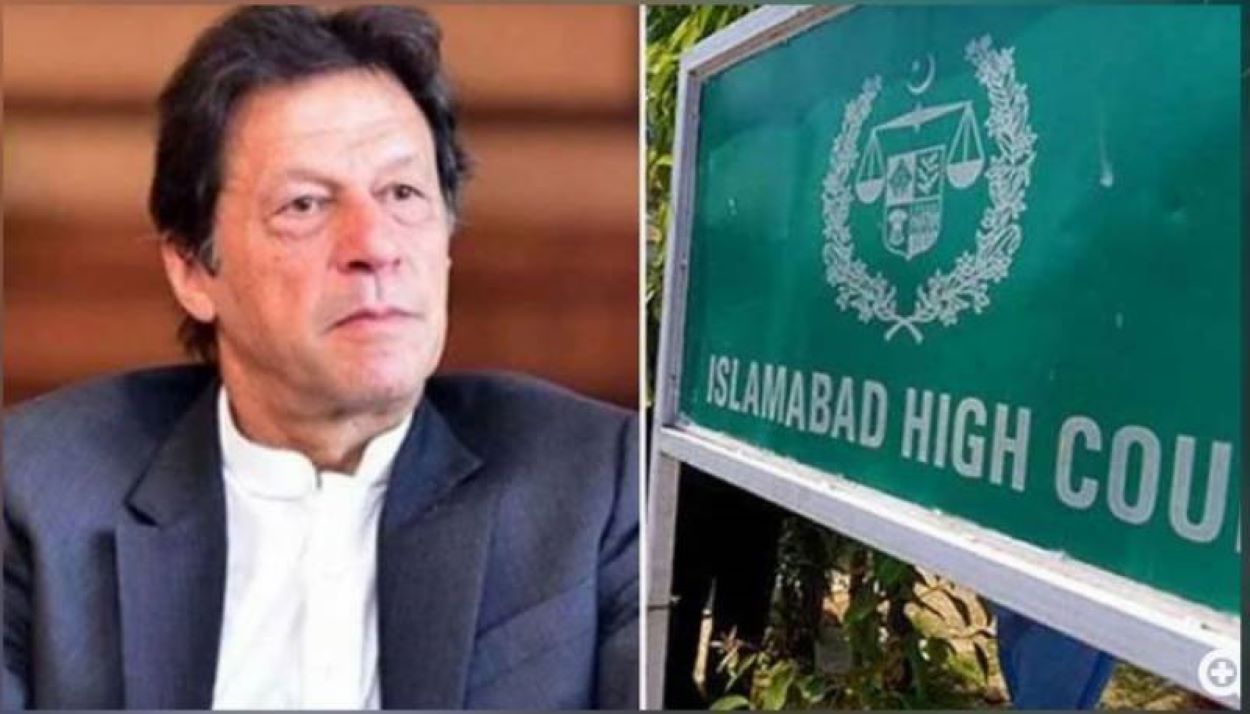Former Prime Minister and PTI Chairman, Imran Khan has appealed to the Islamabad High Court (IHC) for post-arrest bail regarding the ongoing cipher case, where he is currently held in Attock jail. This appeal follows a recent denial of a similar plea by the special court, established to adjudicate cases under the Official Secrets Act. According to reports, the case revolves around a missing diplomatic document containing alleged threats from the US to depose Khan from his position.
Hearings and Legal Developments
Imran Khan and ex-foreign minister Shah Mahmood Qureshi have been participating in case hearings, with the roles of other political figures, including Asad Umar and Azam Khan, yet to be clarified during the investigation. While Umar has secured pre-arrest bail, Khan and Qureshi’s requests for post-arrest bail were rejected. Their judicial remand is set to conclude on September 26. The petition, filed through lawyer Barrister Salman Safdar, named the State and Interior Ministry Secretary Yousuf Naseem Khokar as respondents and highlighted numerous criminal cases filed against Khan, including corruption and sedition charges.
Claims and Counterclaims in the Petition
The petition accuses the Federal Investigation Agency of operating under the influence of the then interior ministry and alleges neglect in registering the case by the foreign ministry. It also points out that this case marks an unprecedented arrest and prosecution of a former prime minister and foreign minister under the Secrets Act. Khan’s plea vehemently argues against the application of several sections of the Official Secrets Act to the cipher case.
Furthermore, it denotes contradictions in statements by former interior minister Rana Sanaullah and the FIA regarding the cipher document’s whereabouts. It asserts Khan’s efforts to curb foreign intervention in Pakistan’s domestic politics and alleges malicious intentions behind the arrest. The plea, emphasizing Khan’s stature and contributions to Pakistan, indicates the potential political victimization and misuse of state machinery.
Details of the Cipher Case
The FIR details accusations against Khan and Qureshi of illicitly using and retaining a classified document (a cipher telegram) to manipulate public opinion and gain personal benefits, compromising state security. It further implicates them in organizing a secret meeting to misuse the cipher’s contents, asserting that the document, which should have been returned to the Ministry of Foreign Affairs, remains unlawfully with Khan.






